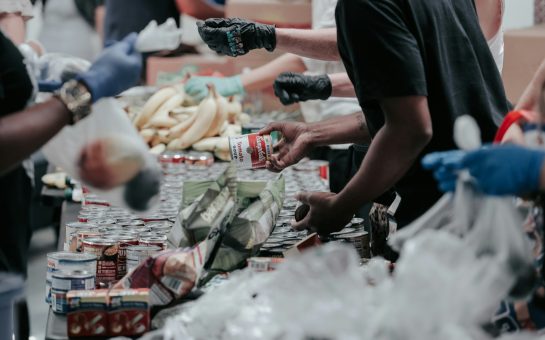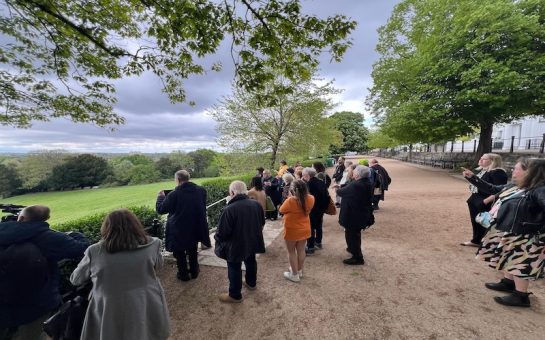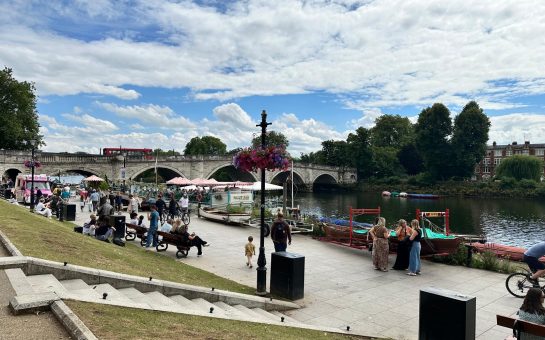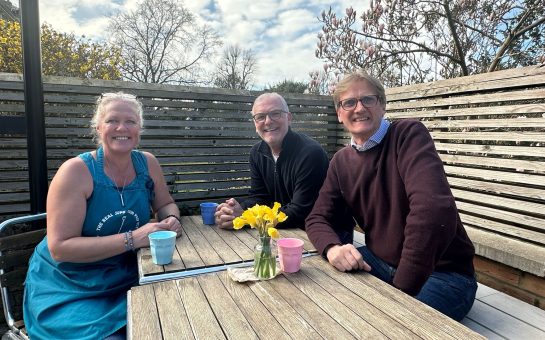An award-winning Syrian journalist and former BBC reporter is finally able to share secrets about the war in Syria without fearing for her life.
Zaina Erhaim, 33, is fundraising to translate her book Evil Wheels of Our War into English without the pressures of censorship that she faced in her home country.
Ms Erhaim, who now lives back in the UK, said: “It really tells the story from a different perspective, feminist, journalist, woman perspective.”
Working with Richmond-based Palewell Press which champions stories of human rights, refugees and environmentalists, the journalist has turned secrets previously not to be published into a book-length manuscript in Arabic.
Born in Idlib in north western Syria and educated in Damascus, the journalist and activist was finishing her master’s degree at City, University of London in international journalism when the Syrian Civil war began in 2011.
She worked with the BBC before returning to Syria in 2013 to pass on her expertise as a journalist.
In September 2016, British authorities confiscated Ms Erhaim’s passport at the request of the government in Damascus, attempting to block her work as an activist.
Palewell Press owner Camilla Reeve, 71, said: “She’s written a book which I think needs to be heard, it definitely needs to be out there.”
The aim is to raise £20,000 to translate the work into English.
Ms Erhaim expressed frustration at having to suppress journalistic instincts due to censorship.
She said: “I wasn’t free enough for what I wanted to say, fearing for my life and my family’s, so being forced to suppress myself and self-censor was one of the most difficult things I had to do.”
She remembered when a rebel battalion killed a gay man, something none of the local journalists deemed as newsworthy.
She said: “I was dying because I couldn’t write anything about it and I had to suppress myself until finally writing it in the book the way I saw it, the way I heard it, the way I lived it.
“This is my main trauma. I think my main struggle is being a journalist, having to suppress myself, to be able to keep working and to keep living where I was helping others.
“Finally at the beginning of this year I started printing all these notes that I couldn’t publish before and I made a book out of it, so it’s also like my healing conclusion for what has happened.”
She added: “I’m sure there is going to be plenty of bullying campaigns against me because I am speaking really about everyone, military leaders, activists.
“One of the main goals is to document what’s happened so I put names, dates, locations, because those things are completely forgotten and I’m seeing how history is being manipulated while I am living it.
“However I’m excited because those stories haven’t ever been told and I’m excited to see what kind of impact they might make.
“I hope they will be able to see what is happening in different eyes, they will be able to care more.”
Since leaving the BBC Ms Erhaim’s perceptions of achievement changed.
“I felt it was really selfish at the BBC because I’m just reporting what is going on, putting my name on it, while in Syria I was helping other to do their own stories” she said.
“My personal accomplishments have dropped, but my contribution to the media scene in Syria I think is essential and I’ve done what could.
“In many cases I really felt like some of them became my kids, whenever they published a story.”
She added: “Eventually when I see those articles written mainly by the women who had no experience of journalism at all and then they became journalists, I think that’s the greatest reward I would have aimed for.”
You can support Zaina Erhaim’s fundraising here.




